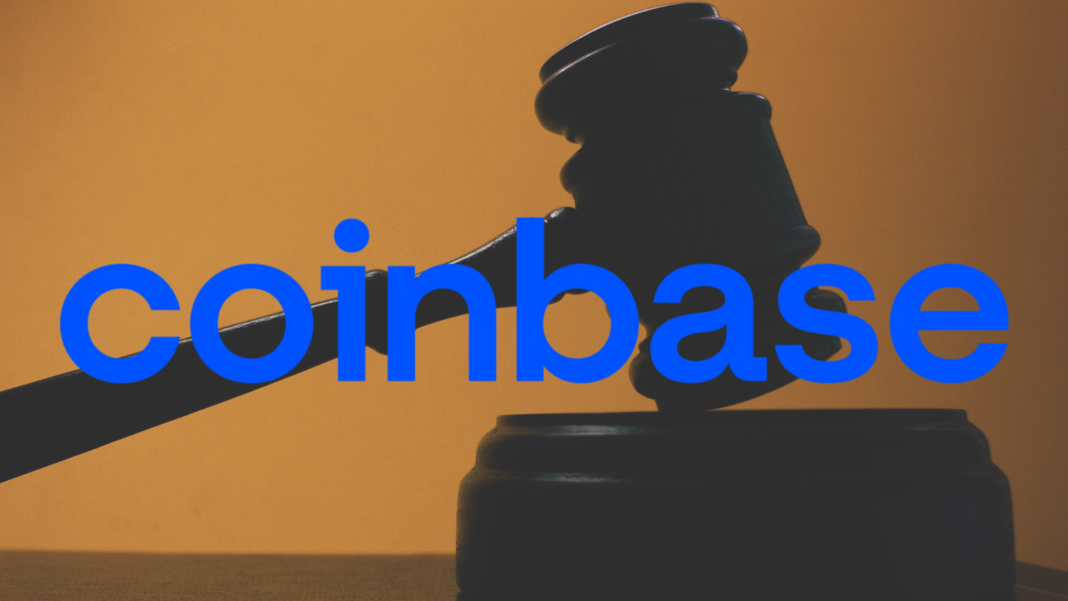Coinbase and its executives are facing a shareholder lawsuit accusing them of misleading investors about the company’s bankruptcy risks and engaging in risky trading practices.
Filed in a New Jersey federal court on February 18, the complaint alleges that Coinbase failed to inform investors that customer assets could be classified as part of its bankruptcy estate, potentially making retail users unsecured creditors.
Lawsuit Alleges Misleading Statements
The lawsuit, filed by Coinbase shareholder Wenduo Guo, argues that the company misrepresented the security of customer funds.
It highlights that before Coinbase’s public listing in April 2021, at least 75 cryptocurrency exchanges had collapsed, leaving customers unable to recover their digital assets.
Despite this history, the complaint claims Coinbase assured investors that their funds were protected, while in reality, customers faced the same risks as those affected by previous exchange failures.
Additionally, the lawsuit alleges that Coinbase engaged in proprietary trading, using its funds to trade digital assets and offset losses from declining crypto prices.
This practice, commonly seen in traditional financial markets, is considered risky, as it exposes the company to market volatility and conflicts of interest.
CEO and Executives Accused of Profiting from Stock Sales
The complaint also claims that Coinbase executives, including CEO Brian Armstrong, sold millions of dollars worth of stock, allegedly making hundreds of millions in personal profits while withholding critical information from investors. These stock sales occurred before key risks were disclosed, leading to significant losses for shareholders.
As a result, the lawsuit seeks damages, corporate governance reforms, and a jury trial, aiming to prevent similar misconduct in the future.
Also Read: Coinbase Director Suggests Kraken May Hold Clues To Satoshi Nakamoto’s Identity
Coinbase’s Legal Battles Continue
Last year, a federal judge rejected the company’s bid to dismiss a class-action lawsuit, which accused Coinbase of downplaying the likelihood of being sued by the U.S. SEC.
The SEC has been actively pursuing regulatory action against crypto firms, adding pressure on Coinbase’s compliance efforts.
Coinbase Expands Despite Regulatory Challenges
While facing legal troubles in the U.S., Coinbase is pushing for international expansion, particularly in India. The company is actively engaging with Indian regulatory bodies, including the Financial Intelligence Unit (FIU), to secure approvals for a compliant relaunch in the country.
India is one of the fastest-growing crypto markets, and despite past regulatory hurdles that forced Coinbase to pause its operations there, the company remains determined to re-enter the market.
Advocating for Crypto-Friendly Banking Regulations
In the U.S., Coinbase is also advocating for policy changes that would allow banks to offer cryptocurrency custody and trading execution services. The company argues that current regulations prevent banks from partnering with crypto firms, limiting the industry’s growth.
As the largest U.S.-based crypto exchange, Coinbase’s stance on regulation will play a crucial role in shaping future policies and expanding institutional access to digital assets.
Also Read: Crypto Sleuth ZachXBT Calls Out Coinbase Over $65M In User Scams, Urges Urgent Action


